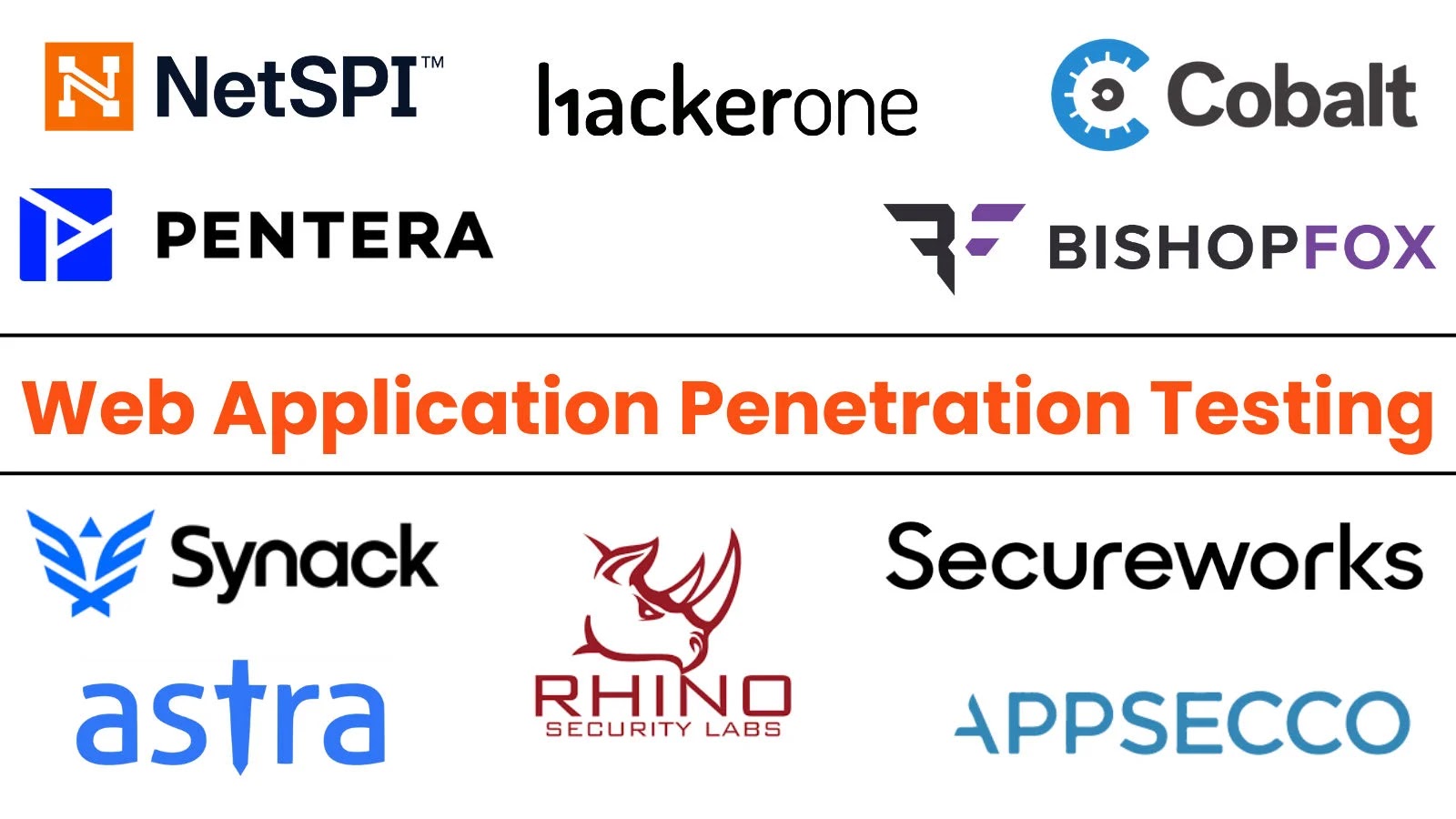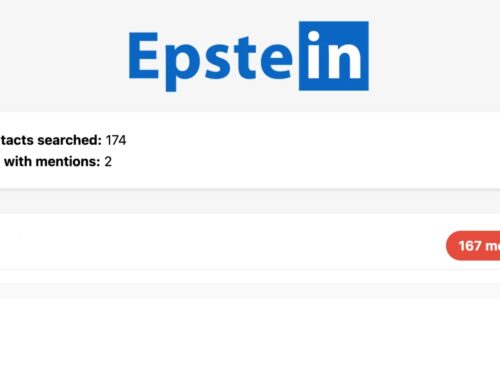
Top 10 Best Web Application Penetration Testing Companies in 2025
Securing the Digital Frontier: Top Web Application Penetration Testing Companies in 2025
Web applications are the lifeblood of modern business, yet they remain primary targets for cybercriminals. A single, well-executed attack can cripple operations, compromise sensitive data, and erode customer trust. In this dynamic threat landscape, reactive security measures are simply insufficient. Proactive and continuous web application penetration testing is no longer a luxury but a necessity for robust cybersecurity posture.
The year 2025 signifies a shift in penetration testing methodologies. Gone are the days of infrequent, static assessments. Today, and increasingly in the coming years, effective web application penetration testing combines human ingenuity with sophisticated automation and intelligent platforms. This evolution facilitates continuous, on-demand testing, aligning with the agile development cycles prevalent in modern enterprises. The growth of Penetration Testing as a Service (PTaaS) and strategic bug bounty programs exemplifies this paradigm shift, offering unparalleled flexibility, scalability, and real-time security insights.
The Evolution of Web Application Penetration Testing
Traditional penetration testing often involved a point-in-time assessment, providing a snapshot of an application’s security posture at a specific moment. While valuable, this approach struggles to keep pace with continuous integration and continuous deployment (CI/CD) pipelines, where code changes are frequent and rapid. The modern approach, championed by leading companies, integrates several key elements:
- Human Expertise: Skilled ethical hackers apply critical thinking, creativity, and years of experience to uncover complex vulnerabilities that automated tools might miss.
- Advanced Automation: AI-powered scanners and intelligent platforms perform rapid, repetitive checks, identifying common vulnerabilities and streamlining the testing process.
- Continuous Testing: Integrating security testing into the DevOps pipeline ensures vulnerabilities are identified and remediated early in the development lifecycle, significantly reducing costs and risks.
- PTaaS Models: Subscription-based services provide ongoing access to testing resources and expert analysis, offering a more flexible and cost-effective alternative to one-off engagements.
- Bug Bounty Programs: Leveraging a global community of security researchers incentivizes the discovery of vulnerabilities, providing a broad and continuous testing surface.
For example, a misconfiguration leading to a critical information disclosure could be exploited, even if the core code is otherwise secure. Addressing vulnerabilities like those associated with CVE-2023-38545 (a recent critical vulnerability) requires not just automated scanning but also expert analysis of its potential impact within a specific application context.
Top 10 Best Web Application Penetration Testing Companies in 2025
Identifying the “best” companies depends on specific organizational needs, budget, and application complexity. However, the following stand out for their comprehensive services, innovative approaches, and proven track records in the web application security domain for 2025:
It’s important to note that the specific ranking can shift based on market dynamics and technological advancements. However, these companies consistently demonstrate excellence:
- Synack: Known for its “hacker-powered” platform, Synack combines human expertise with proprietary technology for continuous, on-demand penetration testing. Their Synack Red Team (SRT) provides unparalleled coverage.
- HackerOne: A leader in bug bounty and vulnerability coordination, HackerOne connects organizations with an extensive community of ethical hackers, providing continuous, crowd-sourced security testing.
- Bugcrowd: Similar to HackerOne, Bugcrowd offers a robust platform for managing bug bounty programs and crowdsourced security testing, including web application penetration tests, utilizing a global network of researchers.
- Cobalt.io: Specializing in PTaaS, Cobalt offers on-demand penetration testing through a modern platform that streamlines engagements, reporting, and remediation tracking.
- NCC Group: A well-established global cybersecurity firm, NCC Group provides comprehensive penetration testing services, including highly specialized web application security assessments, backed by deep industry expertise.
- Veracode: While primarily known for its static and dynamic application security testing (SAST/DAST) platforms, Veracode also offers manual penetration testing services, integrating human validation with automated insights.
- ImmuniWeb: Leveraging AI and human intelligence, ImmuniWeb provides continuous application security testing, including advanced web penetration tests and dark web monitoring for digital assets.
- ZeroNorth: An application security orchestration and correlation (ASOC) platform, ZeroNorth integrates various security testing tools, including DAST and manual penetration tests from partners, to provide a holistic view of application risk.
- NetSPI: NetSPI is a prominent provider of offensive security services, including robust web application penetration testing, offering both automated and highly customized manual assessments.
- Secureworks: Offering a broad portfolio of cybersecurity services, Secureworks provides expert-led web application penetration testing, often integrated with their broader managed security services.
Selecting the Right Partner for Web Application Security
Choosing the correct web application penetration testing company is a strategic decision that demands careful consideration. Beyond the “Top 10” list, organizations should evaluate potential partners based on several critical factors:
- Expertise and Specialization: Does the company possess deep knowledge of your specific technology stack, industry regulations (e.g., GDPR, HIPAA), and common vulnerabilities relevant to your business (e.g., specific to financial services or e-commerce)?
- Methodology and Reporting: Understand their testing methodology. Do they use a hybrid approach (human + automation)? Is their reporting clear, actionable, and integrated with remediation workflows?
- Scalability and Flexibility: Can they scale their services to meet evolving needs, from small projects to enterprise-level continuous testing? Do they offer flexible engagement models like PTaaS or retainers?
- Client Reviews and References: Seek independent reviews and request client references to gauge client satisfaction and the quality of their deliverables.
- Compliance and Certifications: Ensure the company adheres to relevant industry standards and holds certifications that demonstrate their commitment to quality and security.
- Communication and Collaboration: A good partner will foster transparent communication and collaborate closely with your development and security teams throughout the testing and remediation phases.
Successful web application security is an ongoing journey, not a destination. Partnering with a leading penetration testing firm provides the specialized expertise and continuous vigilance necessary to protect your critical web assets from an ever-evolving threat landscape. Proactive security measures, informed by detailed penetration testing, are fundamental to safeguarding data, maintaining operational integrity, and preserving reputational capital in 2025 and beyond.





